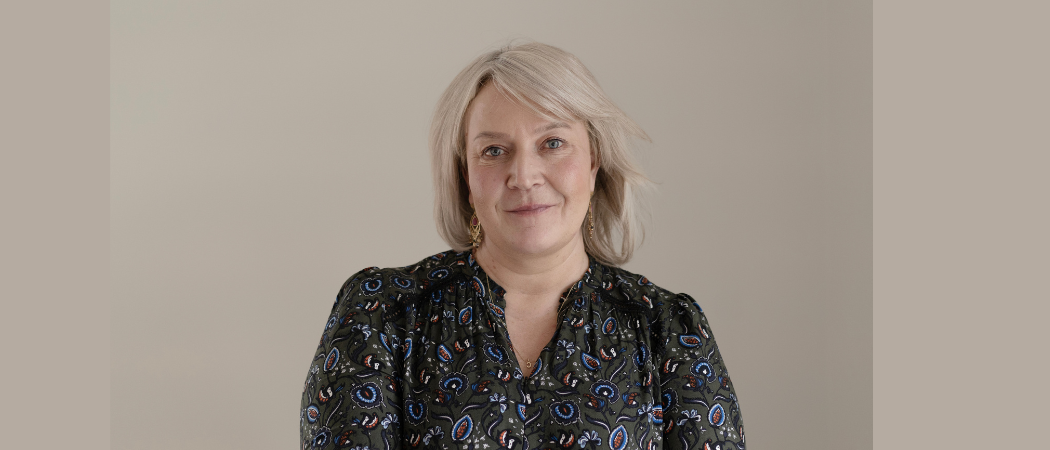Science and innovation are critical to EU competitiveness and security, Denmark’s science minister Christina Egelund tells Science|Business

Danish Minister for Higher Education and Science Christina Egelund. Photo credits: Denmark's Ministry of Higher Education and Science
The Danish presidency of the EU Council has an opportunity to make “great progress” on negotiations for FP10, the next Framework Programme for research and innovation, according to Christina Egelund, Denmark’s minister for higher education and science.
The structure of Horizon Europe’s successor and its links to the future European Competitiveness Fund will both be on the negotiating table during the six-month presidency, which kicked off on July 1, Egelund said in an interview with Science|Business.
She hopes this process will “shape a Framework Programme that enables science and innovation to support European competitiveness and strategic autonomy,” addressing priorities including security, growth and sustainability.
The European Commission is due to present its proposal for the next long-term EU budget, including the Competitiveness Fund and the successor programme to Horizon Europe, on July 16. Ministers will waste no time in starting discussions, gathering in Copenhagen for an informal meeting on July 16-17.
Denmark’s broad aim is to “create the right conditions for European research and innovation, including covering the innovation gaps we have as a continent in comparison to the US and China,” Egelund said, referencing recent high-level reports by two former Italian prime ministers, Enrico Letta and Mario Draghi. Among the weaknesses that must be addressed are “gaps in the finance chain that we see in European research.”
“Europe stands at a crucial moment in history, and I believe you cannot underestimate the role science and innovation has in making Europe stronger, more competitive, [and] in ensuring our security and strategic autonomy,” Egelund said. She argues the world has entered a new era of technological competition which “has some similarities to the technology race we knew during the Cold War.”
A key focus of the Danish presidency will therefore be developing critical technologies, such as quantum, AI, space, biotech and other sectors, that are of strategic importance for Europe. In particular, ministers will discuss the strategies on quantum and the life sciences, published by the Commission on July 2.
Related articles:
- Research sector has high hopes for Danish Council presidency
- ‘Self-standing’ FP10 will be ‘tightly connected’ to European Competitiveness Fund, Von der Leyen says
- Requests for €220B FP10 budget ‘not realistic,’ Zaharieva says
All of these technologies can be linked to security, another overarching theme of the presidency, and a key question around FP10 will be whether to allow dual-use projects, with civil and military applications.
Member states are waiting to see the Commission’s FP10 proposal, but Egelund sees a clear role for research and innovation in supporting a stronger Europe, capable of defending itself. Reserving European scientific programmes for civil projects alone is “a luxury Europe can no longer afford,” she said.
While Denmark wants to see greater translation of innovation into marketable products in strategic areas, it also supports continued investment in curiosity-driven research, which is at the root of many of these innovations. “It’s important we don’t fix one problem at the end of the value chain, which we do need to fix, by creating a new one by underfinancing fundamental research,” Egelund said.
Competitiveness Fund connection
Commission President Ursula von der Leyen has confirmed that FP10 will remain a standalone programme, but it is unclear how this will be connected to the Competitiveness Fund, which will replace multiple EU programmes to boost investment in strategic technologies, or how collaborative research will be supported.
According to the research sector, the coming months offer a critical window during which member states and the European Parliament can still influence the broad shape of the next Framework Programme. “I absolutely agree. This is also why we have been preparing for this presidency for a long time,” Egelund said. Denmark, for example, was the first member state to outline its priorities for FP10.
The Commission’s strategy on research and technology infrastructures, due to be published before the end of the year, is also high on the list of Denmark’s priorities. Egelund hopes this will help to bring about a “unified Europe” when it comes to science.
“My main focus during the negotiations will be that we all, as member states, understand that there is a global competition when it comes to scientific development, and if Europe wants to be in the race, not only not to lose, but to win, we need to work extremely closely together, also sharing research infrastructures,” she said.
Meanwhile, the Danish presidency will continue to monitor science-related decisions made by the Trump administration in the US. Egelund said she wants to see Europe establish itself as “a safe haven for great scientific talent all around the world, where academic freedom and research integrity are valued.”





 A unique international forum for public research organisations and companies to connect their external engagement with strategic interests around their R&D system.
A unique international forum for public research organisations and companies to connect their external engagement with strategic interests around their R&D system.